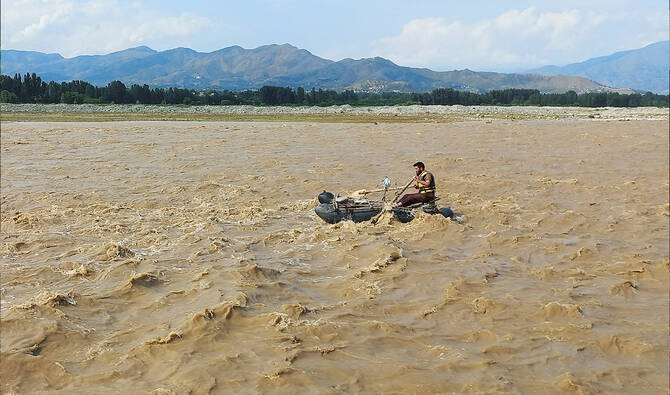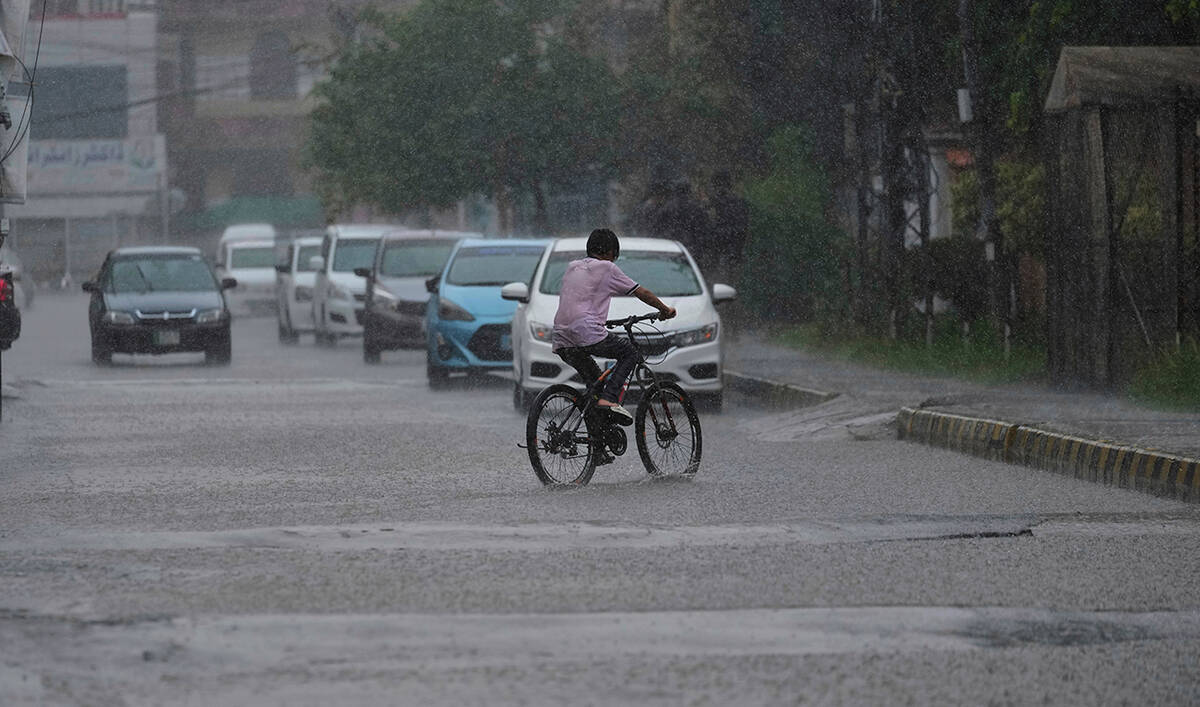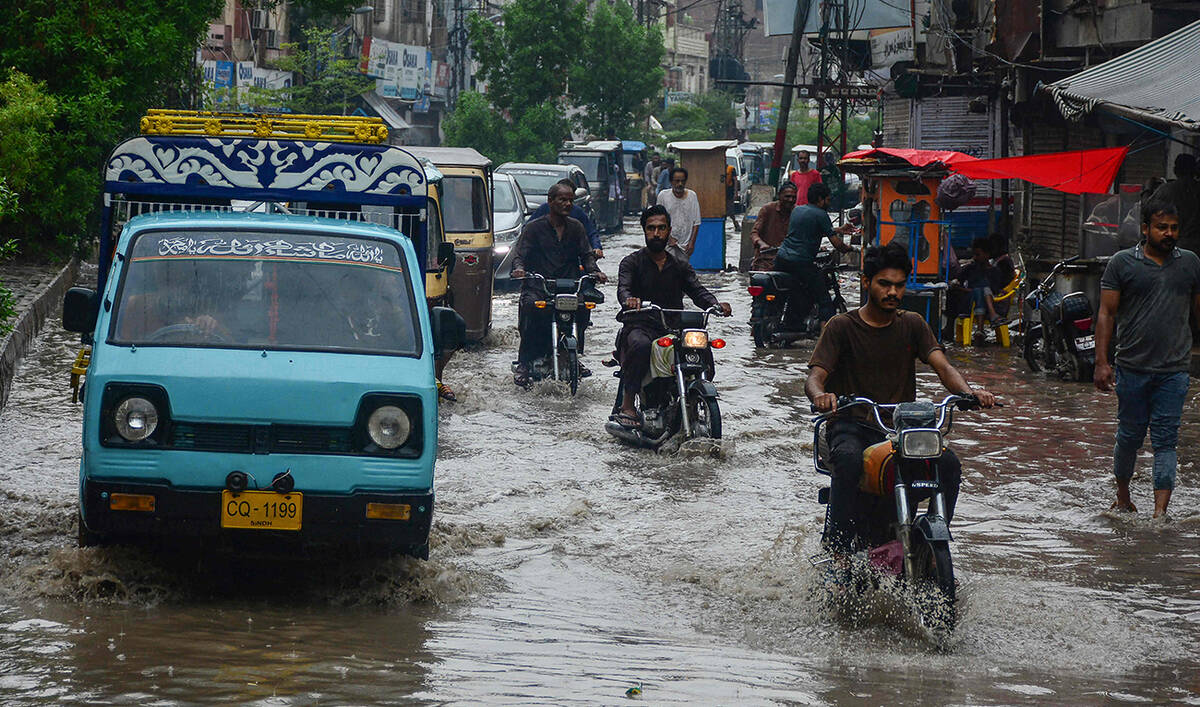ISLAMABAD: The government of Prime Minister Shehbaz Sharif plans to dissolve the National Assembly of Pakistan today, Wednesday, ending sixteen months in office marked by political unrest and economic turmoil.
Sharif took over power in April last year after then Prime Minister Imran Khan was ousted in a parliamentary vote of no-confidence. The outgoing PM’s tenure technically expires on August 12, but he has said he will dissolve the assembly earlier, on August 9, to give the caretaker government 90 days to organize general elections, against 60 days if he were to step down on time, as per the constitution.
Sharif will send a summary for the dissolution of the National Assembly to the president who has to dissolve parliament within 48 hours, after which it will automatically stand dissolved. After the government’s term expires, the president is bound to appoint a caretaker prime minister in consultation with the outgoing prime minister and opposition leader. The same procedure is followed by governors in the provinces. Sharif has said a name for caretaker PM has not yet been finalized.
“Today is the last session of the cabinet, and there has been no such example in the country’s history where leadership from all provinces is included in the government,” Sharif said in his farewell address to cabinet.
“Despite all the challenges and problems we faced, despite the coalition partners having their own manifestos and opinions, they came together to save Pakistan. You all sacrificed your political capital to save the state.”
“We have reached this concluding stage through your combined efforts after which an interim government will come into power, elections will take place, and a new government will come,” Sharif added.
“We all will work hard together with the new government to take the country forward.”
POLITICAL AND ECONOMIC CRISIS LINGERS
With parliament dissolved ahead of schedule, general elections would be due by November. But the government’s move last week to approve the results of a fresh digital census has thrown polls into uncertainty, as the Election Commission is now bound under the constitution to draw new constituency boundaries as per the results of the latest population count. That process could take up to six months and would mean polling day is pushed back by months.
The ECP has already said it cannot hold general elections on the basis of the new population count within the stipulated three-month deadline if it has to finalize fresh delimitations of constituencies.
Meanwhile, Pakistan’s myriad economic and political troubles continue.
At the heart of the political crisis is Khan, whose ouster last year plunged the country into months of unrest and violent street protests. The ex-premier, the country’s most popular politician by far, was convicted and jailed on graft charges last week and on Tuesday the election regulator barred him from politics for five years, for all practical purposes ending his chances of running in upcoming elections.
His legal team has appealed the conviction and the disqualification though Khan also faces over 100 other cases, with charges ranging from terrorism to corruption and murder. Khan says the cases are part of the crackdown against him and his Pakistan Tehreek-e-Insaf party, orchestrated by the powerful military establishment and his political opponents. Both deny the charge.
Meanwhile, inflation remains at a record high and millions of ordinary Pakistanis are grappling with a cost-of-living crisis. The country’s Consumer Price Index rose to 28.3 percent in July, year-on-year, with prices up 3.5 percent in July from the previous month. In June, the CPI rise was 29.4 percent year-on-year, coming off a record 38 percent in May. On August 1, Pakistan announced an increase in petrol and diesel prices to meet fiscal objectives laid down in a deal with the International Monetary Fund (IMF), adding further fuel to its sky-high inflation.
Pakistan secured the last-gasp $3 billion deal with the IMF on June 30. Islamabad has committed to a petroleum levy of up to 50 rupees a liter, alongside a string of painful measures, including raising extra revenues, increasing energy prices and a market-based exchange rate, which has already fueled inflation.
“We faced a lot of difficulties regarding the IMF deal but overcame it through combined efforts, thanks to our friendly nations, Saudi Arabia, UAE and China,” Sharif said to his cabinet on Wednesday. “But until when we will continue seeking loans?”


















